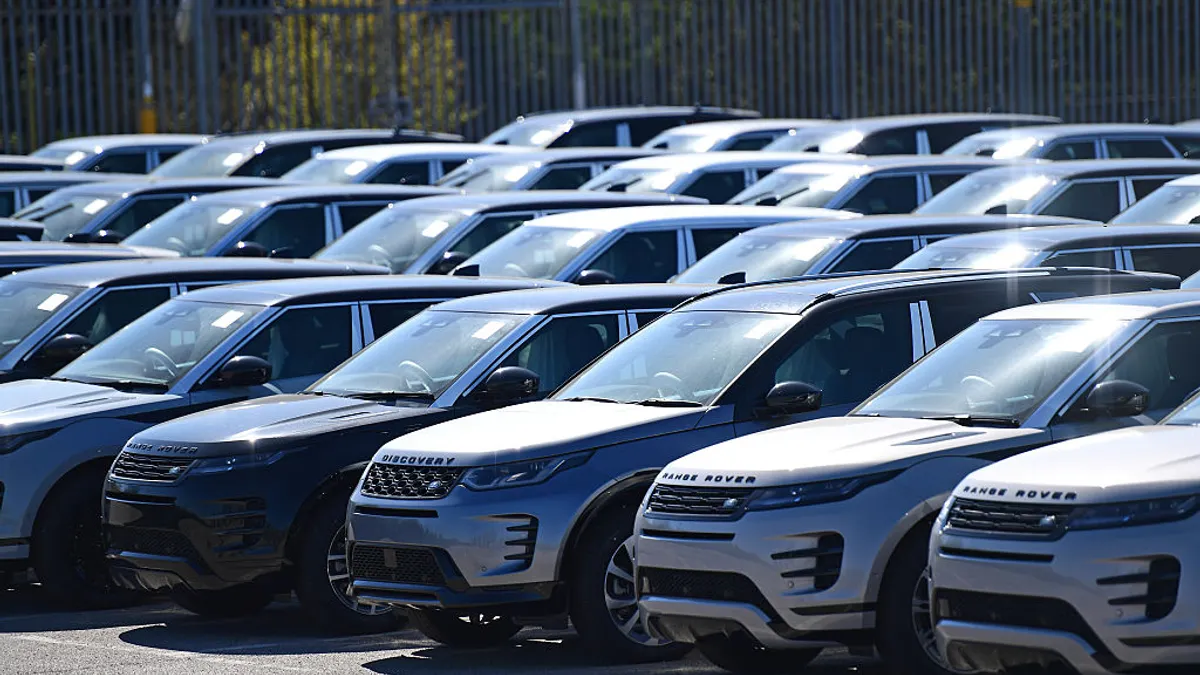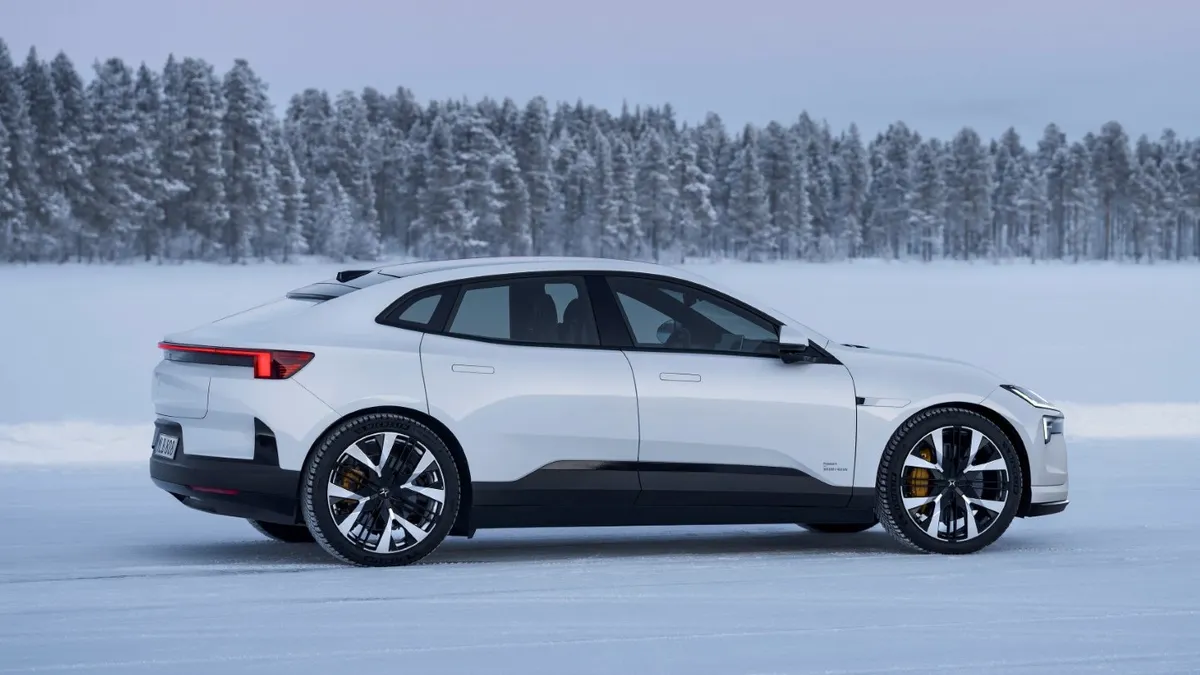Editor's note: This story is part of the WardsAuto digital archive, which may include content that was first published in print, or in different web layouts.
Consumer confidence in future mobility technologies lags behind auto industry plans to bring self-driving vehicles and more battery-electric vehicles to market.
That’s according to the J.D. Power 2020 Q1 Mobility Confidence Index Study.
The self-driving-vehicle index decreases for the first time (to 35 from 36 on a 100-point scale) for American consumers. It goes to 36 from 39 for Canadians.
For battery-electric vehicles, the index remains at 55 in the U.S. for the fourth straight quarter, while decreasing to 57 from 59 in Canada.
“Frankly, we’re concerned for automakers,” say Kristin Kolodge, J.D. Power’s executive director-driver interaction & human machine interface research.
She adds: “They’re pushing forward with technology that consumers seem to have little interest in. Nor are they making the strides needed to change people’s minds. “Especially now, automakers need to reevaluate where they’re spending money. They are investing billions in these technologies, but they need to also invest in educating consumers. Lack of knowledge is a huge roadblock for future adoption.”
The quarterly survey aims to gauge market readiness and acceptance for self-driving and BEVs. (Kristin Kolodge, left)
J.D. Power partners with SurveyMonkey to conduct the periodic polling. More than 8,500 consumers and industry experts offered opinions about self-driving vehicles; more than 8,000 about BEVs. (The latest survey was fielded in March, before most stay-at-home orders went into effect.)
Key findings about self-driving vehicles:
• Consumers don’t believe the technology is ready, and worry about societal effects. Technology failure/error remains the top concern about self-driving technology in both countries.
A Canadian consumer said of self-driving technology: “Not practical in Canada where there is snow and messy roads.”
American and Canadian consumers also worry that self-driving vehicles will lead to a lazy society overly dependent on technology and lacking proper driving skills.
• Uncertainty about timeframe for public availability. Experts anticipate self-driving delivery services will become available within four years. However, their predictions for self-driving vehicles available for consumer purchase has jumped out to 18 years. That's five years later than predicted in last year's last quarter study.
• Changing needs post-COVID-19. Experts anticipate consumer needs for mobility may shift, even after current public health restrictions abate. Says one, “Coronavirus outbreak may steer some people away from shared transportation toward more private-vehicle ownership, and some of these private vehicles may evolve from sophisticated ADAS to higher levels of automation.”
Key BEV findings:
• Few consumers have any experience with BEVs. Seventy percent of American respondents have never been in one, and 30% said they know nothing about them. Of Canadians, 67% said they have never been in one, and 19% said they know nothing about them.
One consumer said, “I like the idea of an electric-powered vehicle, but at what cost? Once the batteries need replacement, how expensive are they? How do old electric-car batteries affect the environment? Are they able to be recycled, or will they make the landfills even more toxic?”
• Previous ownership doesn’t guarantee future purchases. While 29% of American consumers and 31% of Canadian consumers expressed some likelihood to purchase an EV in the next four years, almost the same amount said they have no intention to buy one.
Some people who have previously owned a battery-electric vehicle won’t buy another, citing high maintenance, purchase price, limited range and extreme-weather issues. A former EV owner said: “Does not provide enough heat to clear windows in cold weather.”
• Barriers remain the same. American and Canadian consumers perceive charging-station availability, driving range and purchase prices as today's top BEV buying obstacles.
Notably, they were the top three barriers in 1997 when J.D. Power studied consumer interest in electric vehicles when General Motors was launching its innovative yet short-lived EV1 electric vehicle. Despite major vehicle technology and infrastructure advancements in 23 years, the consumers have stuck with their perceptions.
“The marginal short-term shifts in consumer sentiment toward self-driving vehicles only show we’re yet to see the lasting implications of the current (coronavirus) crisis on consumer preferences,” says Jon Cohen, SurveyMonkey’s chief research officer. “But we know big changes are ahead, as physical distancing will shake virtually every major industry, including automotive and how we get around. “These surveys will give us a glimpse of that future as new consumer preferences form and stick.”


















